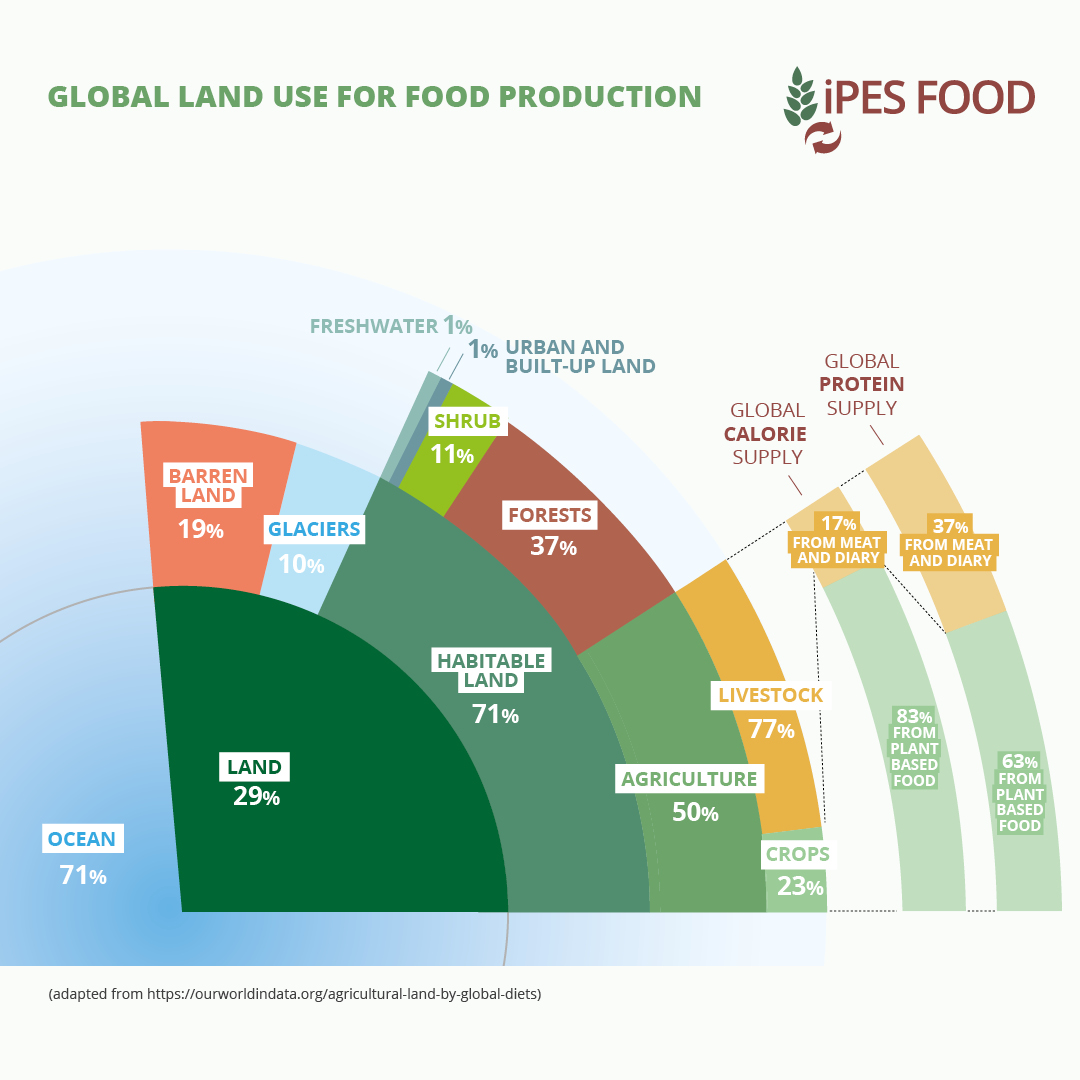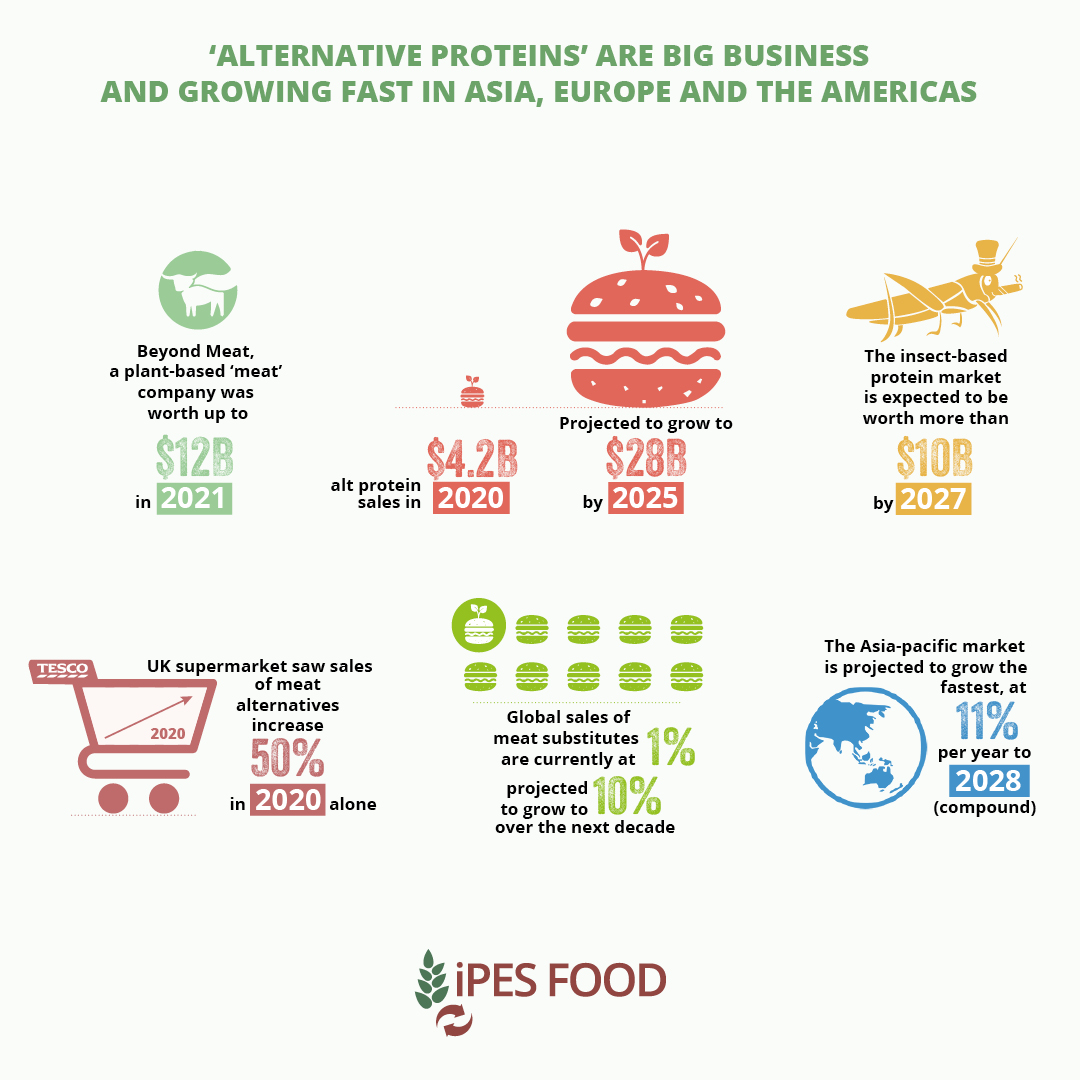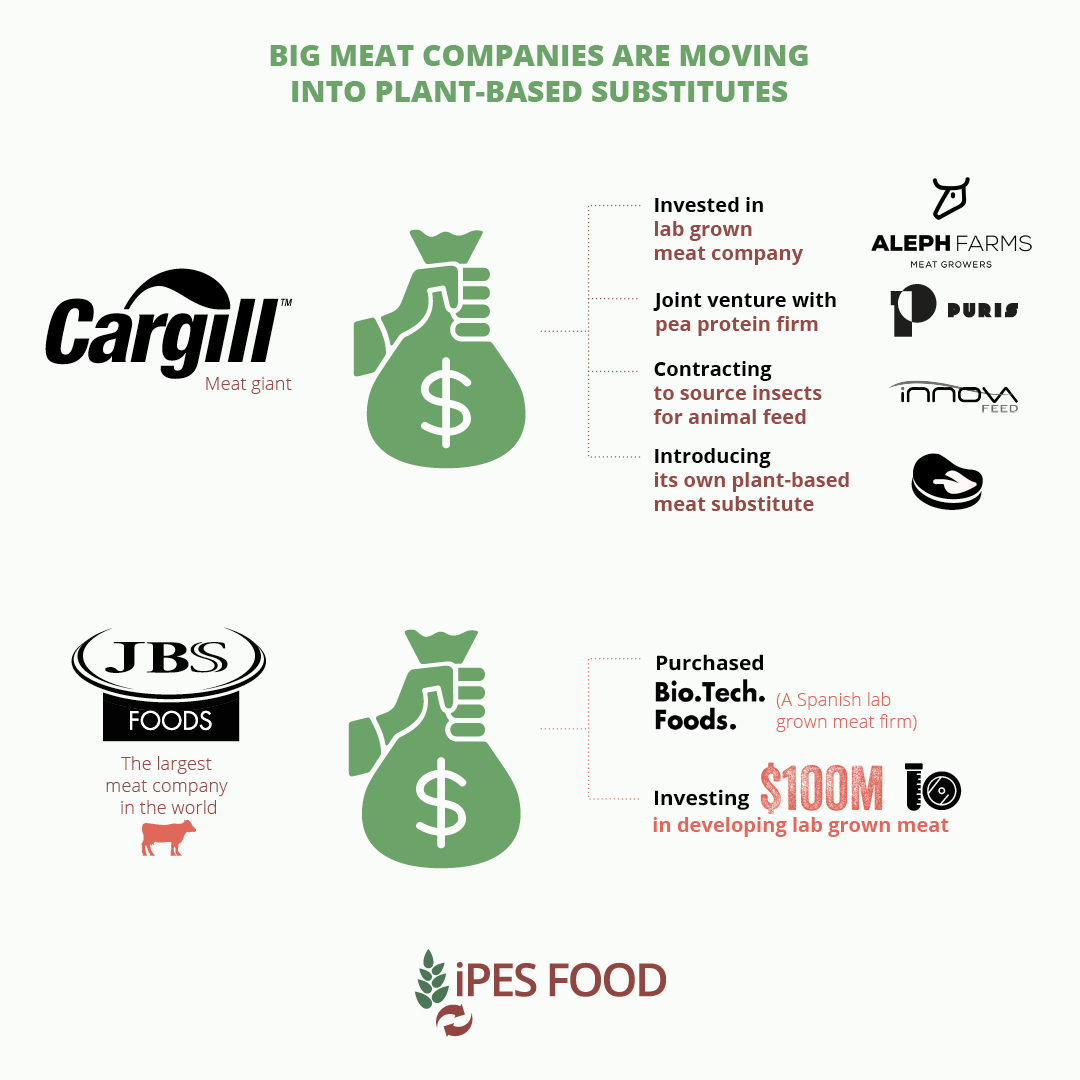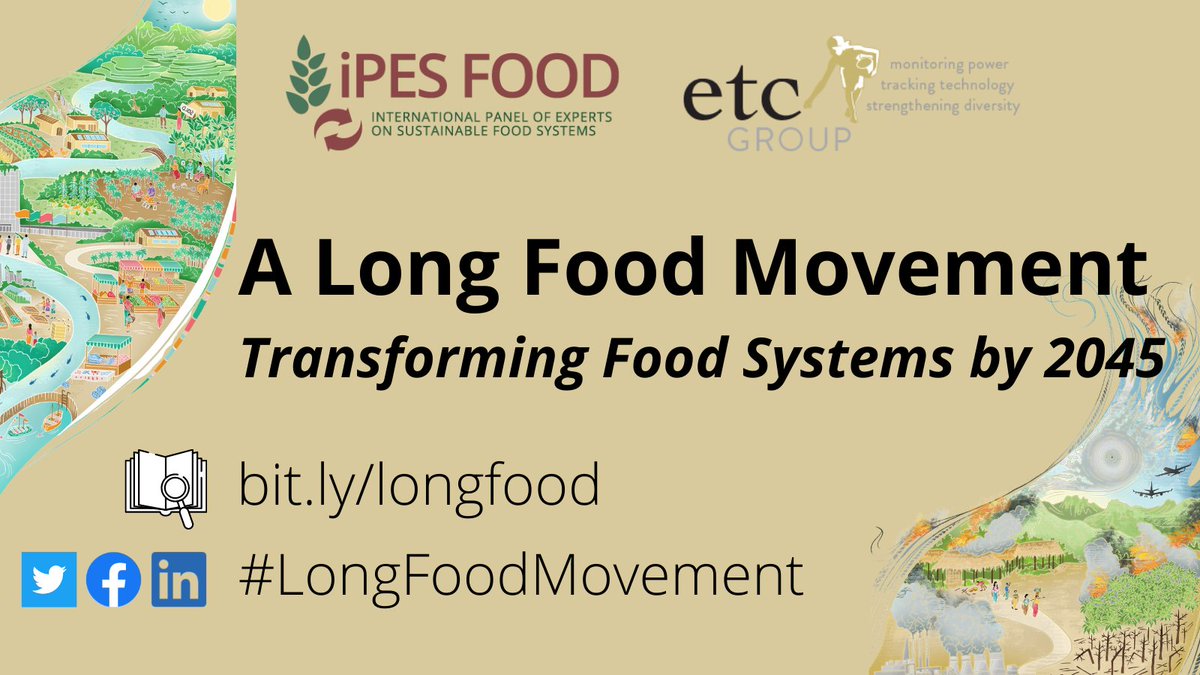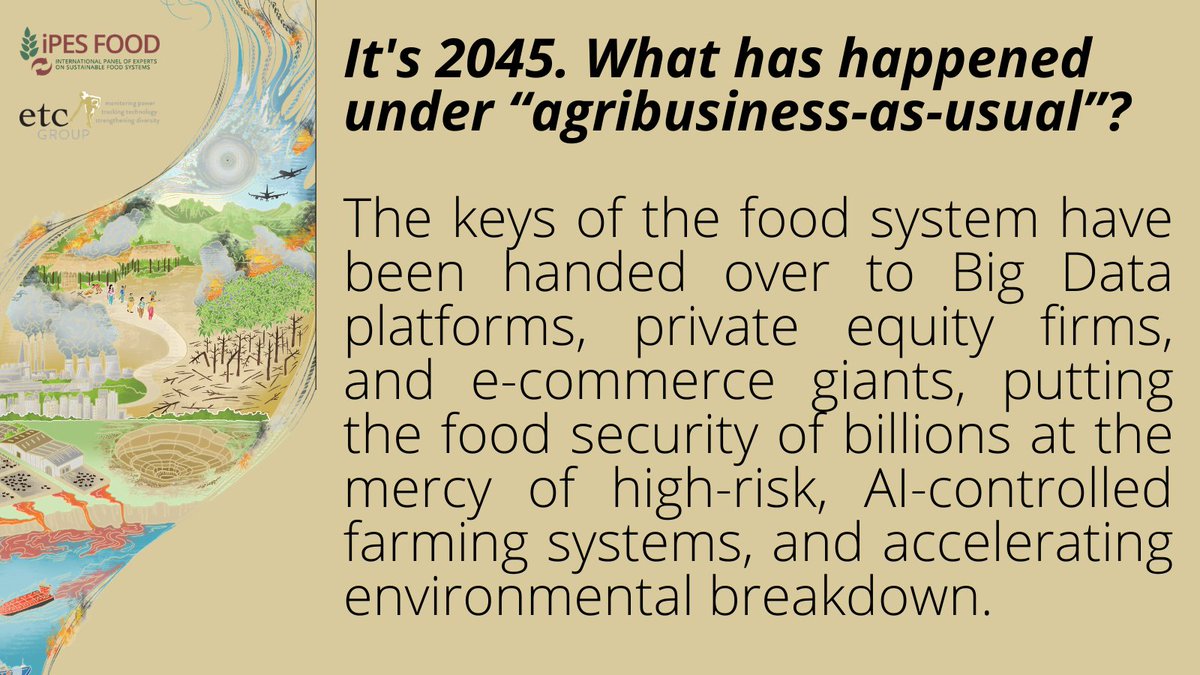#IntellectualProperty rights (both patents and trademarks) constitute barriers to entry for smaller companies and confer monopoly control over plant varieties. Commercial breeders argue that IPR would give them the incentive to domesticate new species... (1/3)
https://twitter.com/EuroseedsEU/status/1121675528094797824
...of fruits and vegetables or, at least, to expand the market for a wider range of crops; however, there has been little to no increase or expansion (Dutfeld, 2000; Phillips McDougall, 2013). (2/3)
Meanwhile, the genetic diversity publicly available to plant researchers for breeding has declined by 75% since the 1960s. #innovation #WorldIPDay #WorldIPDay2019
See our report Too Big Too Feed: bit.ly/2Bg2Fd
(3/3)
See our report Too Big Too Feed: bit.ly/2Bg2Fd
(3/3)
• • •
Missing some Tweet in this thread? You can try to
force a refresh






